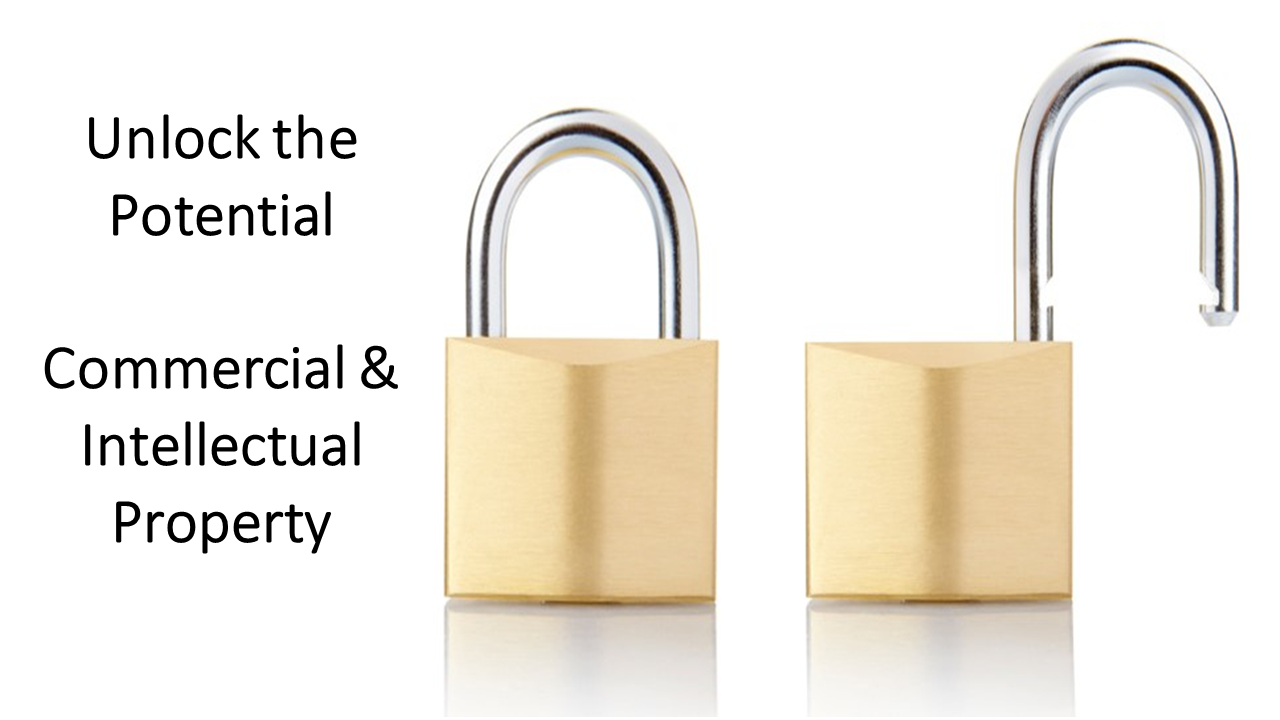Dan Dowen, a Commercial Contracts Senior Associate at Berry Smith Lawyers, considers why and when a business would need a Copyright Licence.
Works that are protected by copyright are presented to us in various forms throughout our daily life, whether we see them in articles, on TV, websites, mobile applications, paintings or illustrations to name but a few. Such works will often be protected by copyright.
So first of all, what is copyright?
- A copyright is an automatic right. This means that there is no formal registration process involved as the protection arises automatically as soon as the new work is created.
- Copyright applies to works relating to literary, music, artwork, films, software code and sound recordings.
- To qualify for copyright protection, the created work must be original. You cannot own a copyright in an exact copy of another piece of work.
- As for ownership, the usual rule is that the author owns the copyright and ownership will lie with this owner for the duration of their lifetime plus 70 years. However, there are some exceptions to this rule, for example, if created in the course of employment then the employer will often own the copyright.
- As the owner of copyright protected work, you have the exclusive right to copy, publish, perform, show in public or adapt the work. You also have the ability to grant licenses to third parties who may want to use it. Anyone who uses your copyright protected work without your permission will likely be deemed to be infringing, albeit there are some exemptions to this rule as further set out below.
What happens if I infringe copyright?
The consequences of infringing copyright can include risking an investigation by the Copyright Licensing Agency and/or having legal action brought against you by the copyright owner.
If found guilty then you may be ordered to pay damages to the copyright owner and could potentially be ordered to account for any profits you have made as a consequence of infringing work. The copyright owner may also be entitled to seize any infringing copies of their work.
In some extreme cases, you could face criminal liability for example, for selling, letting, hiring, importing or distributing copyright work without the licence of the copyright owner while knowing or having reason to believe that what you are doing is infringing a copyright but yet still intending to make a gain for yourself or cause loss to the copyright owner. The maximum penalty for these offences is 10 years’ imprisonment and or an unlimited fine.
Of course, it should go without saying, that facing any such legal action would be very tarnishing to your reputation and could severely impact your image and business in a negative manner.
Therefore, if you or your business are looking to use or exploit work protected by copyright, then you will likely need a copyright licence.
In what circumstances will I need a copyright licence?
Under certain circumstances you may use copyright protected work without the permission of the owner provided that the copying is for the purposes of:
- Non-commercial research of private study;
- Criticism and review;
- Reporting current events; or
- Displaying artistic works in public.
For any other purpose, you must ensure that when using any work or material that has not been created by you or your employees, you obtain a copyright licence.
Some common examples of how a business may inadvertently infringe copyrights include:
- copying and pasting content from another website on to their website;
- using a google image on business materials;
- using a video from YouTube on your website/ platform;
- sharing articles/ extracts from publications; or
- using music on your website, and
all without obtaining the consent of the copyright owner and obtaining a copyright licence.
How can I obtain a copyright licence?
You will need to approach the copyright owner and request a license. Once the license is granted, then you will have the right to use the copyright works.
You may have to agree a fee or pay royalties under any licence whilst also adhering the terms that are set out within.
Moreover, many copyright works available online will often include a link to its terms of use. If you are using this material, make sure that your use complies with those terms of use and that you do not, without permission or licence, use that material in any way that is not permitted by those terms of use.
If you obtain such licences to display third party content to your website, it would also be prudent for you review your terms of use and ensure that disclaimers are included in your terms of use to explicitly state that you are not liable for the contents of third party websites.
Ultimately, copyright infringement can occur intentionally or unintentionally and often, occurs inadvertently so it is imperative to be mindful and careful in the way we approach and deal with copyright works and if in doubt, always seek legal advice from an experienced lawyer.
For further information or assistance, please contact Dan Dowen at ddowen@berrysmith com or alternatively call 02920 345 511 and ask for the commercial team.

Dan Dowen
Senior Associate
